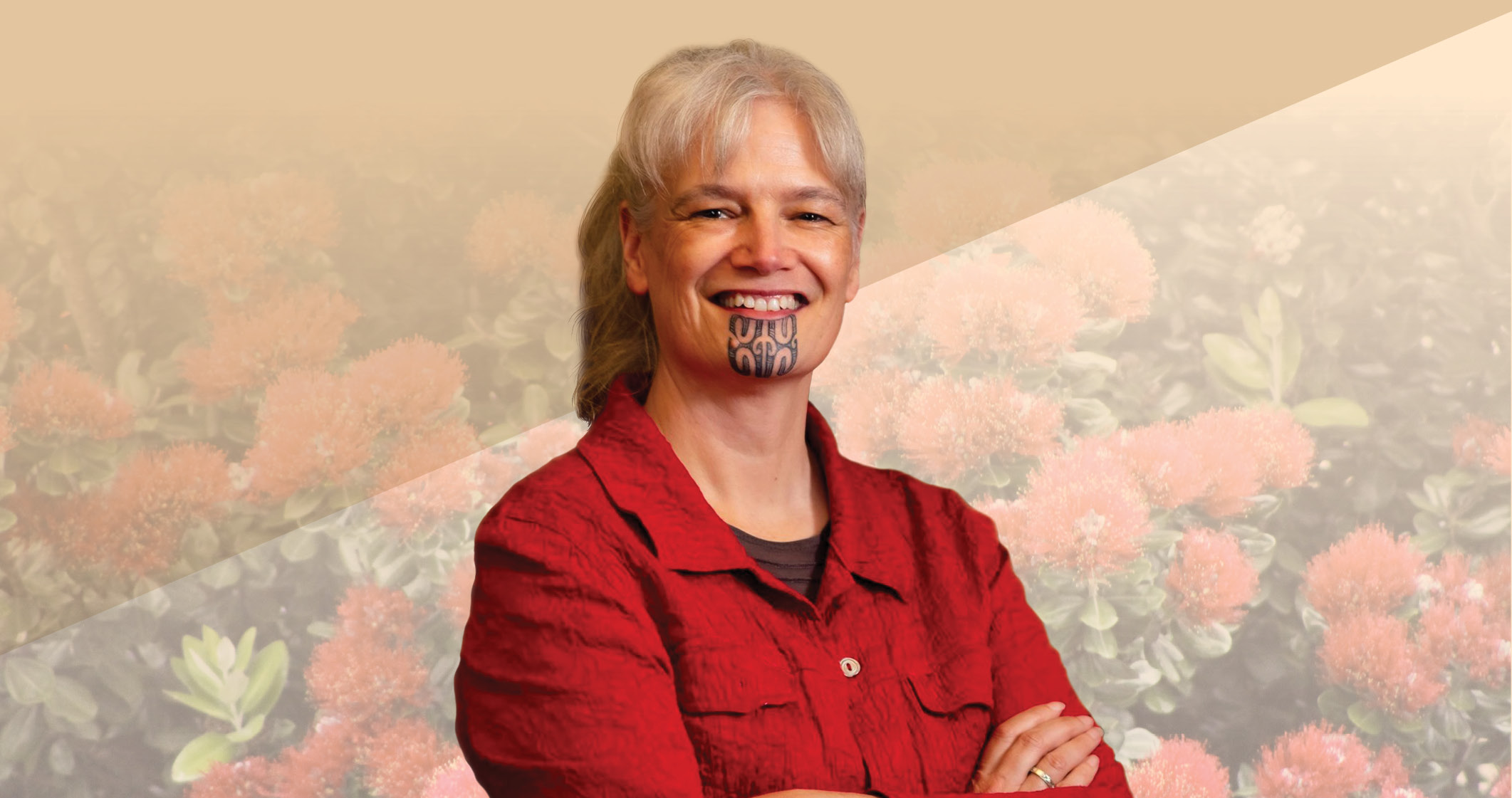
3 minute read
Incorporating tikanga Māori into Law degree
from V.Alum 2023
by FacultyofLaw
Work began in earnest this year to prepare for the implementation of a new requirement that the LLB degree incorporate a tikanga Māori component from 2025.
The requirement was introduced by the Council of Legal Education (CLE) in light of the growing place and recognition of tikanga Māori in the New Zealand legal system. The changes also align with a growing commitment to Te Tiriti o Waitangi within both Te Kauhanganui Tātai Ture― Faculty of Law and Te Herenga Waka—Victoria University of Wellington more broadly.
In January we held our first staff wānanga, meeting for two days to discuss our response to the tikangarelated CLE requirements, as well as broader kaupapa Māori issues. We were welcomed on to Ngā Hau e Wha o Paparangi marae, and we acknowledge the manaakitanga extended to us by our hosts. The wānanga focused on growing our knowledge and understanding of tikanga, discussing our hopes and apprehensions relating to the changes, and the past and present experiences of tauira Māori (Māori students). The CLE-related changes complement similar ongoing work, led by Māori academics across the country and supported by the Borrin Foundation, on bicultural, bijural, bilingual legal education. We discussed how the new tikanga requirements sat alongside these broader changes.
Since that initial wānanga, work to understand how we can incorporate tikanga into core subjects across the curriculum continues. This has involved working with the course coordinators of each core subject to understand the fundamental principles underpinning that area of law. The intent is to build on those principles and find areas of alignment (or tension) with principles of tikanga. We acknowledge the efforts of David Jones, whose work has been central to achieving these changes, and who facilitated our initial wānanga.
We also acknowledge the wider group of friends and supporters who have helped make this happen.
Te Kawa a Maui, the School of Māori Studies at Te Herenga Waka, has been instrumental in enabling this kaupapa. The Faculty of Law has also had the privilege of drawing on a network of supporters and distinguished fellows—we are grateful to all of these people, but particularly to Justice Tā Joseph Williams and Chief Judge Caren Fox. Work will continue in 2024 to prepare us for the official implementation of these changes in 2025. Though this is a learning curve for some, we have been heartened by the largely enthusiastic response. This represents a new frontier for us as a faculty and we are looking forward to seeing this become a reality in the near future.
Reader in Law, Māmari Stephens






